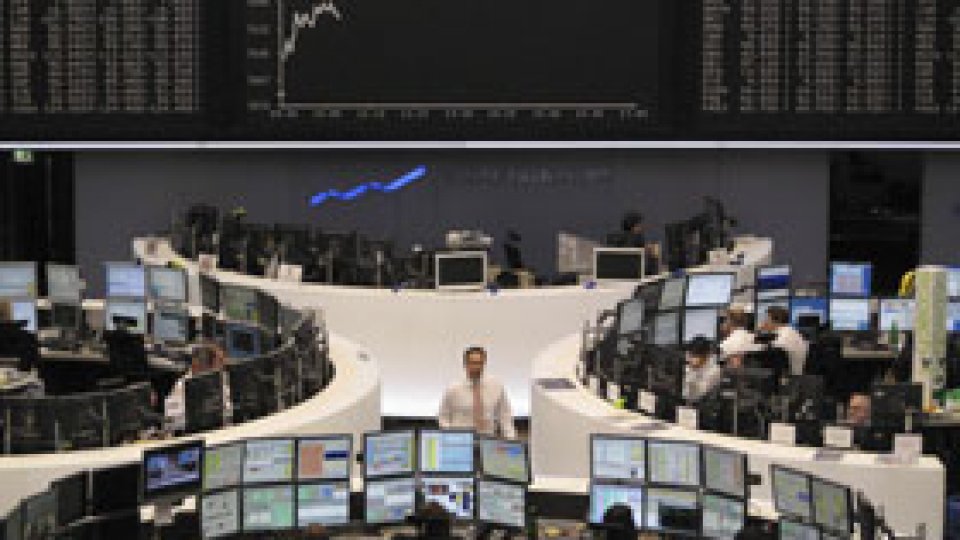'High rate of unemployment’ threatens global economic revival
A report published by the United Nations Organization on Trade and Development states that the revival of the global economy has begun to lose its catching-up process that began in the middle of 2010.

Articol de Sorin Solomon, 19 Ianuarie 2011, 09:39
The revival of the global economy has begun to lose its catching-up process that began in the middle of 2010 and all the leading indicators show a slower growth of the global economy, informs a report published on Tuesday by the United Nations Organization on Trade and Development.
Regarding the situation of the global economy and the outlooks for 2011, UNCTAD estimates that the global economy will register a growth of a revised rate of 3.1 per cent in 2011 and 3.5 per cent in 2012, which is way under the limit at which the rate of the unemployment would decrease.
The economy in the Unites States is gradually improving but the growth of a revised rate of 2.6 per cent registered in 2010 is expected to bounce back at 2.2 per cent in 2011, before 2012, when it will slowly increase to 2.8 per cent, according to the same report.
The United Nations Organization on Trade and Development predicts that the outlooks for Europe and Japan are even more insecure.
As concerns the revival of Germany – the most important economy in the European Union, it is assumed that it will come to a standstill of 1.3 per cent in 2011 and it will grow to 1.7 per cent in 2012, after last year, when it registered a catch-up of 1.6 per cent.
Greece, Ireland, Portugal and Spain, which are affected mainly by the crisis of the corporate debts, will face a lower economic growth because of the tough austerity measures and the high rates of unemployment, which affects the demand on the domestic market.
The economy of these countries could remain in recession or come to a standstill in the near future.
UNCTAD estimates a growth in economy with 1.1 per cent in 2011 and 1.4 per cent in 2012 for these countries.
A W-shape recession
The developing countries will continue to lead the revival of the global economy, but their expansion will go down at 6 per cent in 2011-2012, decreasing from the rate of 7 per cent in 2010, because of the slowdown in advanced countries and the lack of measurements to stimulate the economy.
UNCTAD states that the high rate of unemployment is the major drawback for the revival of the economy.
At least 30 million jobs were lost everywhere around the world between 2007 and 2009 as a result of the global financial crisis.
There are many governments which adopt austerity measurements and the outlooks over the decreasing rate of unemployment are gloomy.The high rate of unemployment will affect the revival of the consumers’ expenses and thus it will bounce back the economic growth.
According to UNCTAD, the developing countries and the transition economies were affected by the financial crisis, although its impact was felt later and it lasted less than in the industrialized countries.
The volatility of the currency market represents another threat for the revival of the global economy, which generates supplementary economic uncertainty.
In its pessimistic scenario, UNCTAD warns that Europe could face a W-shape recession, while the economy of the Unites States could come to a standstill or bounce back again into recession in 2011.
Translated by: Violeta-Mădălina Florea and Andreea Velicu
MA students, MTTLC, Bucharest University













